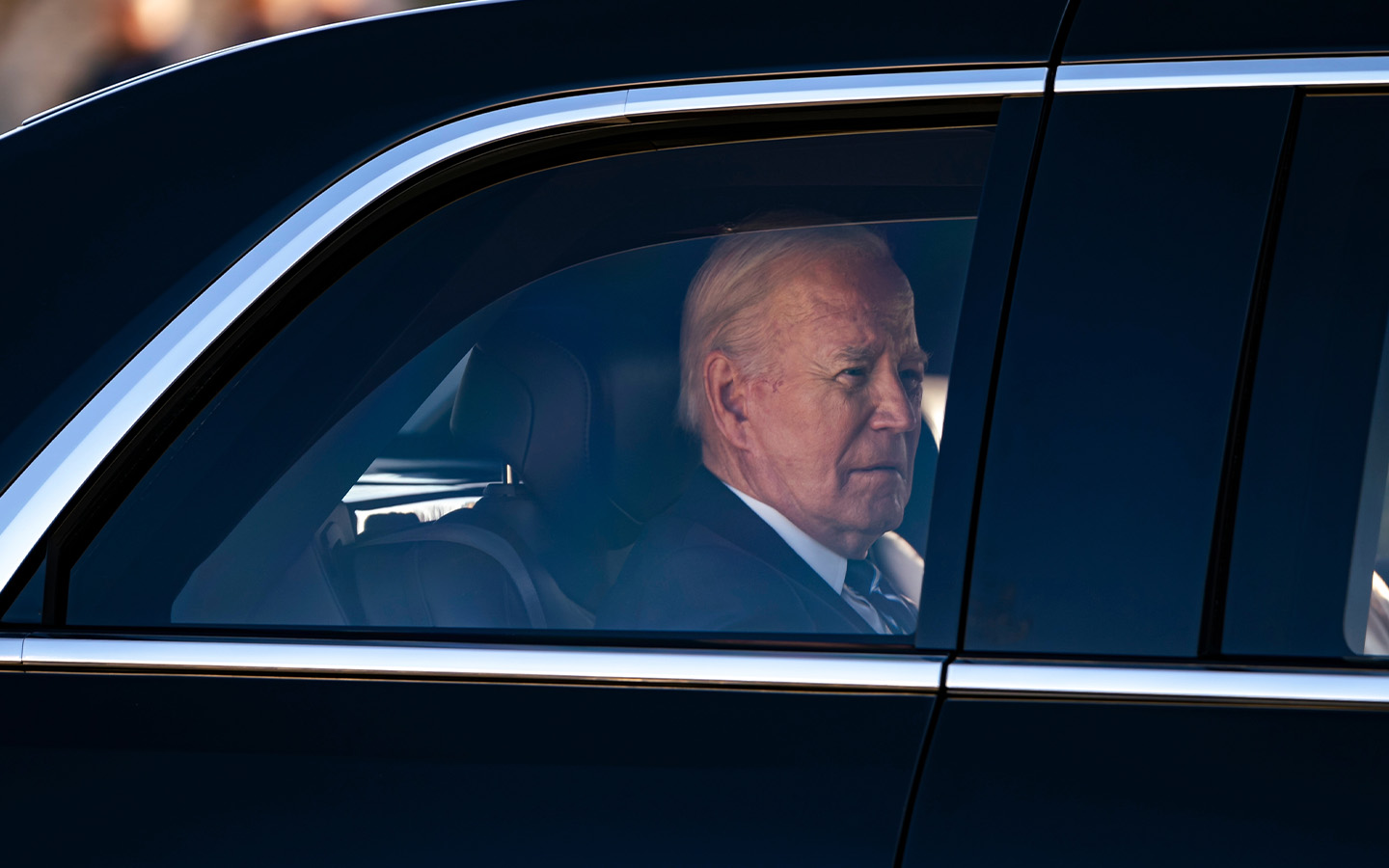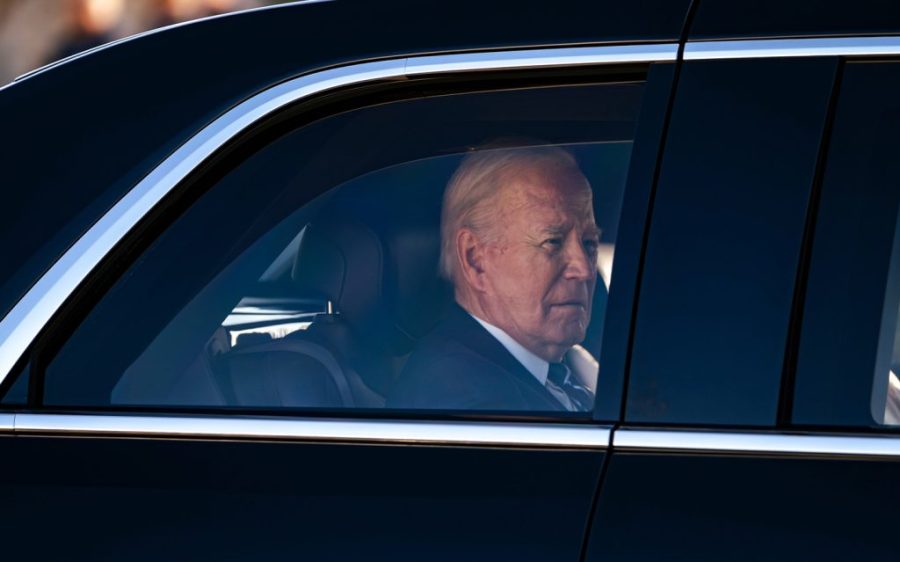Joe Biden has become the first sitting US president to travel to Angola, where he promised that the US was “all in on Africa,” Reuters reports. The 11th hour state visit, just weeks out from the end of Biden’s presidency, is being viewed as a belated attempt to temper the continent’s growing ties with China and Russia.
On Tuesday, ahead of a private meeting with his Angolan counterpart, João Lourenço, Biden emphasised the US’ willingness to engage with African countries in general. “We don’t think we have all the answers, but we’re prepared to hear your answers to the needs you have,” he said. Echoing his own words from the 2022 US-Africa summit, Biden declared that “the future of the world is here, in Africa, and Angola.”
The decision to fly to Angola likely reflected the Portuguese-speaking nation’s current political climate. While Angola aligned with the communist countries during the Cold War, Lourenço has steered it closer to the US since taking office in 2017.
However, Angola also has a fraught history with the US. The first African slaves to reach the US were from what is now Angola: about four million people were forcibly transported to the Americas (mainly Brazil) by transatlantic slave traders.
[See more: A new agreement paves the way for an Angolan-Namibian hydropower plant]
Biden visited Angola’s National Museum of Slavery to mark this shared history, and his audience there included Wanda Tucker, a descendant of the first enslaved child born in the US. The parents of that child, named William Tucker, arrived in Virginia from Angola in 1619, having travelled aboard a Portuguese ship.
Biden’s trip is also focusing on the Lobito Corridor, a US-backed railway project aiming to make it easier to transport critical minerals from mines in the Democratic Republic of Congo to Angola. It is expected that President-elect Donald Trump will continue to support the railway when he takes office in January, but Trump’s wider stance on Africa remains to be seen.
During this week’s state visit, Lourenco expressed his gratitude for US companies’ existing investments in Angola’s oil and gas sector, and noted upcoming projects involving grain silos and logistics infrastructure. He also said he wanted to improve the countries’ defence and security ties, and hold joint military exercises in the Gulf of Guinea and South Atlantic.
China is an active infrastructural partner to Angola, too, and provided almost half the funding for the country’s new airport. Dr Agostinho Neto International Airport was built by China National Aero-technology International Engineering (AVIC) at a cost of 2.5 billion euros (US$2.63 billion).






